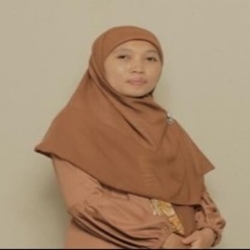
Maryuni
University of Indonesia, IndonesiaTitle: Relation of Education, Age, and Parity To The Choice of Long-Acting and Permanent Methods (Lamps) And Non-Lamps
Abstract
Indonesia is the
fourth largest contributor to the population in the world after China, India, and
the United States. The 2017 Indonesia Basic Health Survey (IBHS) showed the
total fertility rate (TFR) was 2.4 children per woman. One program to reduce
population growth rates and TFR is through the Family Planning (FP) program.
This study aims to determine the relationship between education, age, and parity in
the choice of contraceptive methods for LongActing and Permanent Methods
(LAMPs) and non-LAMPs in Tanjung Anom Village, Salaman Subdistrict, Magelang
Regency, Central Java Province. This research was conducted with the cross-sectional method. The data collection was done in October 2015. The study
sample was women of childbearing age who used contraception in LAMPs and non-LAMPs
as many as 46 people. The research instrument used was a
questionnaire. Data was analyzed by univariate and bivariate. The result of the
study showed that there was no significant relationship among education, age, and parity towards the choice of both LAMPs and non-LAMPs. The selection of
contraceptive methods is not only influenced by education, age, and parity.
Biography
Maryuni has
completed her Doctorate from Universitas Indonesia, Indonesia. She is the head of
research, community service, and partnership at Universitas Binawan, Jakarta,
Indonesia. She has 35 publications that have been cited over 100 times. She has
been serving as an editorial board member of several reputed journals. Her
research topics interest maternal health, family planning, and reproductive
health.

